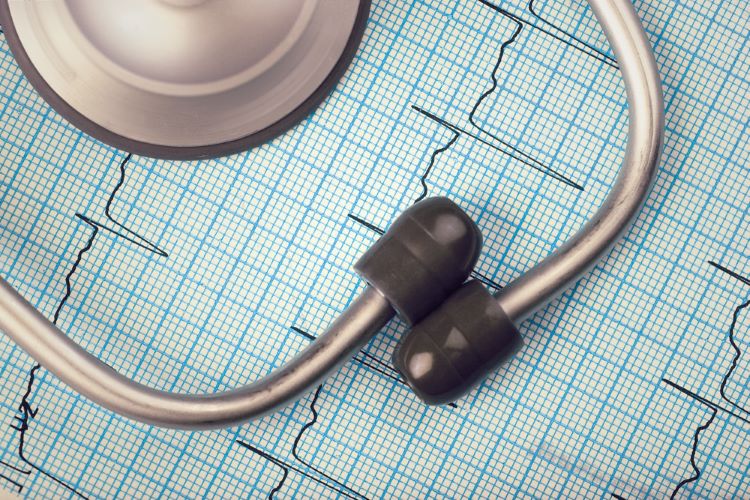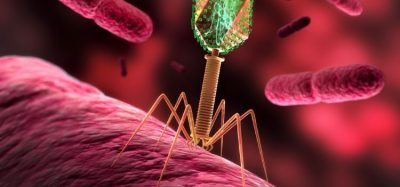First-in-human gene therapy trial for major cardiac syndrome
Posted: 21 November 2022 | Catherine Eckford (European Pharmaceutical Review) | No comments yet
The US Food & Drug Administration (FDA) has approved the first-in-human gene therapy trial for heart failure patients with preserved ejection fraction.


The first-in-human gene therapy trial for heart failure patients with preserved ejection fraction (HFpEF) has been approved by the US Food & Drug Administration (FDA).
SRD-001, the adenovirus associated virus (AAV)-based gene therapy is delivered to cardiac ventricular muscle cells via an intracoronary infusion system (produced by Sardocor, a clinical-stage gene therapy subsidiary of Medera), to increase the protein expression and functional activity of sarcoplasmic reticulum calcium ATPase pump (SERCA2a).
Heart failure with preserved ejection fraction
HFpEF patients suffer from reduced ventricular relaxation and associated dysfunctional hemodynamics. The syndrome accounts for half of all heart failure cases globally.
The Modulation of SERCA2a In Cardiomyopathy (MUSIC) HFpEF (MUSIC-HFpEF1) clinical trial will enrol patients in an open-label, dose-escalation, 52-week Phase Ib/IIa clinical trial, assessing the safety and clinical efficacy of the intra-coronary infusion.
The first bioengineered HFpEF human heart models
Novoheart, a subsidiary of Medera focusing on the use of mini-heart technology for disease modelling and drug discovery, recently announced its successful collaboration with AstraZeneca in producing the first bioengineered HFpEF human heart models, which reproduce key disease characteristics comparing normal and HFpEF heart models.
Novoheart identified the downregulation of SERCA2a, the protein pump instrumental in the absorption of cytosolic calcium during ventricular relaxation, as the major reason for calcium-handling defects in HFpEF.
The company found AAV-mediated overexpression of SERCA2a in HFpEF human heart models reverses the disease characteristics such as relaxation defects. Preclinical animal models consistently demonstrated enhanced relaxation via SERCA2a activation, thus SERCA2a has been shown to be downregulated universally in all forms of heart failure.
“SRD-001[‘s ability] to enhance ventricular relaxation, a critical mechanism of the diastolic dysfunction known to commonly occur in the stiff hearts of HFpEF patients, presents a novel, exciting and physiologically-based approach to a condition the treatment of which has eluded researchers for decades,” stated Dr Jonathan Plehn, Chief Medical Officer of Sardocor.
“Given the central importance of SERCA2a in multiple cardiovascular diseases, we are also investigating the use of SRD-001 for treating other indications,” said Ronald Li, PhD, CEO and Founder of Medera.
Related topics
Biopharmaceuticals, Clinical Development, Drug Development, Proteins, Research & Development (R&D), Therapeutics
Related organisations
Medera, Novoheart, Sardocor, The US Food and Drug Administration (FDA)









